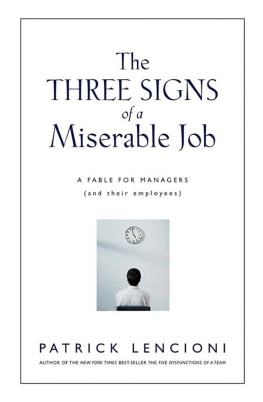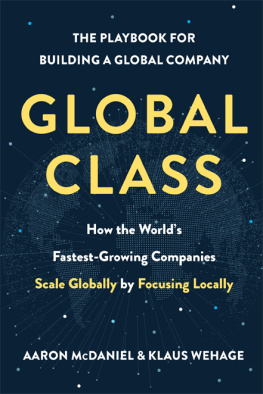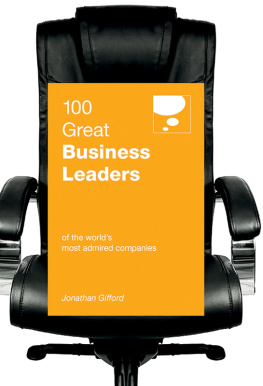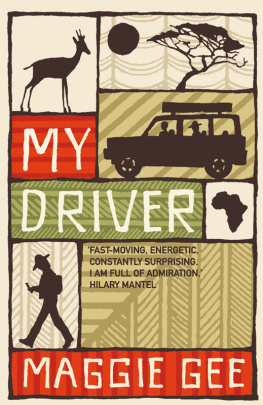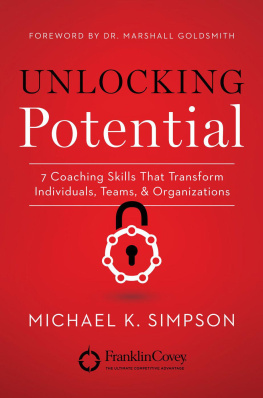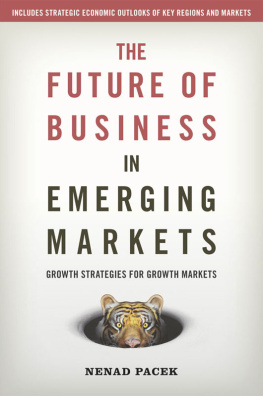
Could You Succeed as an Entrepreneur?
Find Out If You Have What It Takes
By Herb Greenberg, Ph.D., and Patrick Sweeney
Copyright
Could You Succeed as an Entrepreneur?
Copyright 2013 by Herb Greenberg, Ph.D., and Patrick Sweeney
Cover art, special contents, and Electronic Edition 2013 by RosettaBooks LLC
All rights reserved. No part of this book may be used or reproduced in any form or by any electronic or mechanical means, including information storage and retrieval systems, without permission in writing from the publisher, except by a reviewer who may quote brief passages in a review.
ISBN ePub edition: 9780795334085
Contents
You may be wondering if its time to stop putting money into your current employers pocket and start reaping rewards for a new bossyou.
And why not? You can set your own hours, create your own salary, and make all the rules.
It could be one of the best ideas youve ever had.
Or the worst.
Without gathering the right information up front, you run the risk of jumping into becoming an entrepreneur and reaping a lot of debt and misery rather than rewards.
Before you do anything else on your path to becoming an entrepreneur, take these two steps.
Step OneGet very, very clear about:
1) What personality traits successful entrepreneurs possess, and
2) Whether or not you have those traits.
Step TwoGet equally clear about what it means to be an entrepreneur.
This information is crucial to determining your potential for becoming a successful entrepreneur, because it all comes down to job matching.
Job matching is one of the key concepts that Caliper coined when Herb wrote an article for the Harvard Business Review in 1980and it still holds true today. Caliper has been in the business of relating personality traits to job success for the past 50 years. The services offered by Caliper revolve around the process of matching an individuals inherent motivational strengths to the specific requirements of the particular job.
Every one of us has key strengths and limitations. The people who are successful in their careers and jobs are those who know their strengths and are able to put themselves in situations that play to their unique abilitieswhere their limitations are of little consequence.
Heres a simple, but eye-opening, exercise weve used over the years to illustrate the importance of playing to your strengths. Right now, wed like you to grab a pen and a piece of paper. At the top of the page, sign your name.
How did that go? Did you need to think about how to hold the pen or write your name? Now sign your name with the opposite hand. Can you do it? Of course. But its much slower, awkward, and maybe even somewhat illegible (assuming youre not ambidextrous).
Thats how your natural tendencies and abilities work on the job. Of course you can work against nature for a while, but, as you get tired, when an emergency comes up, or when you need to move quickly, youre going to resort to what is natural. That is where performance excelswhen you are in positions that play to your strengths rather than working against who you are.
Determining whether or not to pursue a certain career or job should not be based simply on having an overview of the job and thinking it sounds like something youd enjoy or something you could make a good deal of money doing. Instead, you need to focus on your core qualities and fully understand the competencies required for the specific job.
At Caliper, we have assessed the personality traits of three million people across nearly every industry and job title over the past 50 years. Our database is full of statistics regarding which personality traits most often lead to success in which jobs. We know which traits successful entrepreneurs have in common, and weve seen how people who do not possess these traits are often fighting a losing battle when trying to make it as an entrepreneur.
On the most basic level, entrepreneurs need to be assertive, driven to persuade people, and willing to take risks, and they should have the self-esteem to bounce back from failure without feeling defeated.
Well go into more details in Chapter 3. But for now, lets turn our attention to you.
If youve ever had a job that made your worst nightmare pale in comparison to the sound of your alarm clock on Monday morning, youre not alone.
Over the past fifty years weve been amazed, and concerned, to see that so many people are actually misemployed. This means they are in jobs that have them fighting against who they are. Rather than being in roles that play to their natural traits and talents, they are taking on responsibilities that emphasize their limitations and prevent them from realizing their full potential.
Of course, knowing youre not alone is probably not much of a consolation when you realize youre spending, on average, at least two-thirds of your waking hours in a role that does not fulfill you. But the fact that so many people are in the wrong jobs does speak to the obvious difficulty in making the decision to move on.
When Its Time For A Change, Make One
Change is hard. We all know that. Sometimes change is forced upon us. Sometimes we seek it out. And sometimes its a combination. Regardless of the specific circumstances, making a major change can, at the very least, require that you ask yourself some tough questions. On a more intense level, it can require some serious soul searching.
Thats how it was for Michael McCarthy, a former Wall Street money manager turned baker.
Michael began working on Wall Street at the age of eighteen. After various positions, bosses, and stock market ups and downs, Michael discovered two things about himself. He was great at stock market timing and terrible at managing his own finances. He found himself in debt and facing the threat of bankruptcyor moving back in with his parents. The potential for bankruptcy was more appealing.
I weighed the risks of starting my own money management firm, explained Michael, and thought, Well, Ive already hit rock bottom. I have nowhere to go but up.
So, he laid out a few hundred dollars for the supplies he needed and started his new firm with a $2,000 investment from a friend. I basically said to everyone I knew, Give me the smallest amount of money youre comfortable with, but large enough where youll pay attention. Friends started to refer other friends and relatives.
He soon became the number one market timer in the country, and he kept that title for ten years straight.
At this point I had made more money than I ever dreamed possible. My goal was just to get out of debt. I overshot a little bit. At my peak, I was making a quarter million dollars a month. But money started to overtake my life.
And the stress started to overtake his health. I was 36 and ended up in the hospital with my blood pressure 220 over 110. My doctor said Thats kind of close to a stroke. You need to retire. Youre not happy. And youre not healthy.
Michael took her advice and retired. However, it didnt have the effect he was hoping for at all.
It was a lot more emotional than I expected, he told us. I started to view things very inaccurately. I started thinking, Im not retired. Im unemployed. I was looking at things from a sense of lack. My life was great on paper. But I was sort of like Im just not happy and I dont know why.
Diagnosed with depression, Michael began taking antidepressants. But nothing worked, he said. I got all the side effects but none of the benefits. After two years, Michael was fed up and started taking things into his own hands.
Next page

